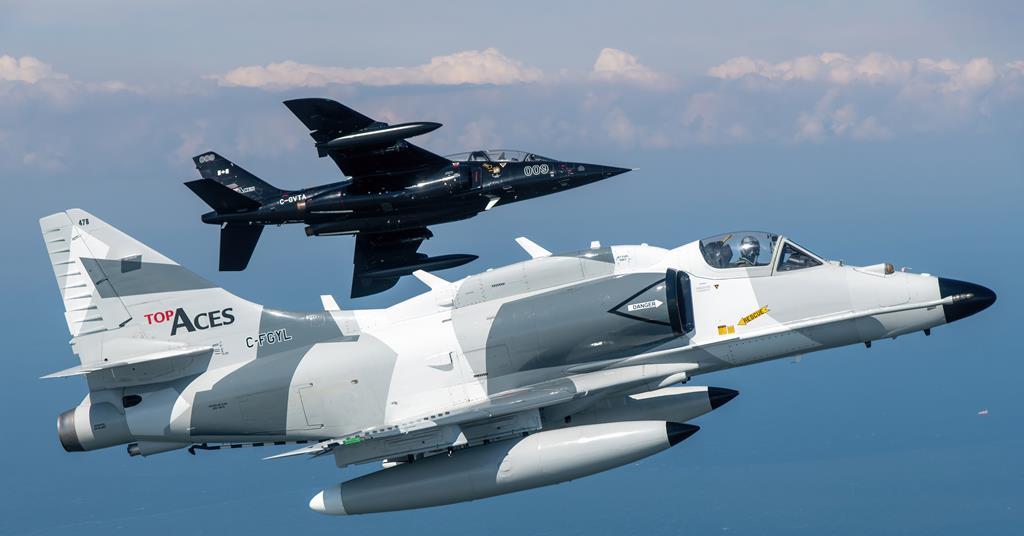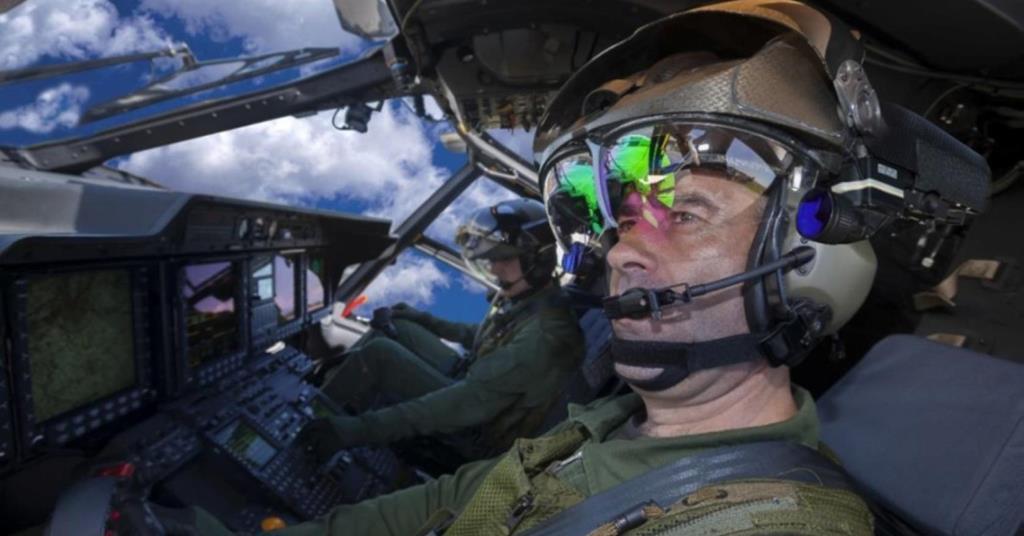Fully-substituted MC-21 prototype flown to Zhukovsky for certification tests
Company
Legal Links
Contact
- +44 7947 753363
- contact@skylineairporttransfers.co.uk
- 6 Walsall Street Bilston Wolverhampton WV14 0AT
© Skyline Airport Transfers. Created by![]() Beaphoenix WebDesign ltd
Beaphoenix WebDesign ltd
Popular Locations:
Birmingham: Aston, Bournville, Edgbaston, Erdington, Great Barr, Hall Green, Handsworth, Harborne, Northfield, Quinton, Soho, Sutton Coldfield, Amblecote, Brierley Hill, Coseley, Cradley, Gornal, Halesowen, Kingswinford, Lye, Netherton, Sedgley, Stourbridge, Quarry Bank, Bearwood, Blackheath, Cradley Heath, Great Bridge, Old Hill, Rowley Regis, Smethwick, Tipton, Tividale, Wednesbury, West Bromwich, Balsall Common, Bickenhill, Castle Bromwich, Chelmsley Wood, Dorridge, Elmdon, Hampton in Arden, Kingshurst, Knowle, Marston Green, Meriden, Monkspath, Hockley Heath, Shirley, Aldridge, Birchills, Bloxwich, Brownhills, Darlaston, Leamore, Palfrey, Pelsall, Pheasey, Shelfield, Streetly, Willenhall, Bilston, Blakenhall, Bushbury, Compton, Ettingshall, Heath Town, Oxley, Penn, Tettenhall, Wednesfield, Burntwood, Lichfield, Cannock, Rugeley, KIDDERMINSTER, Brierly Hill,
STOURPORT-ON-SEVERN
Coventry: Allesley, Binley, Keresley, Stoke, Tile Hill
Leicester: Abbey Rise, Ashton Green, Aylestone, Beaumont Leys, Bede Island, Belgrave, Blackfriars, Braunstone, Braunstone Frith, Bradgate Heights, Clarendon Park, Crown Hills, Dane Hills, Evington, Evington Valley, Eyres Monsell, Frog Island, Goodwood, Hamilton, Highfields, Horston Hill, Humberstone, Humberstone Garden, Kirby Frith, Knighton, Mowmacre Hill, Netherhall, Newfoundpool, New Parks, North Evington, Northfields, Rowlatts Hill, Rowley Fields, Rushey Mead, Saffron, Southfields, South Knighton, Spinney Hills, Stocking Farm, Stoneygate, St. Matthew’s, St. Mark’s, St. Peters, Thurnby Lodge, West End, West Knighton, Western Park, Woodgate
Derby: Matlock, Ripley, Ashbourne, ILKESTON, SWADLINCOTE , BURTON-ON-TRENT, BAKEWELL,
ALFRETON, BELPER, HEANOR
Telford: Market Drayton, Newport, Shifnal, Broseley, Much Wenlock
Stoke: Stoke-on-Trent, Newcastle, Leek, Uttoxeter, Stone, Stafford
Worcester: Worcester, Droitwich, Pershore, Broadway, Evesham, Malvern, Tenbury Wells
Gloucester: Gloucester, Cheltenham, Stroud, Cirencester, Tewkesbury, Badminton, Berkeley, Blakeney, Chipping Campden, Cinderford, Coleford, Drybrook, Dursley, Dymock, Fairford, Lechlade, Longhope, LydbrookLydney, Mitcheldean, Moreton-in-Marsh, Newent, Newnham, Ruardean, Stonehouse, Tetbury, Westbury-on-Severn, Wotton-under-Edge.
Nottingham: Nottingham, Sutton-in-Ashfield, Mansfield, Newark, Southwell, Grantham, Sleaford
Leicester: Leicester, Hinckley, Loughborough, Melton Mowbray, Oakham Market, Harborough, Lutterworth, Wigston, Ashby-de-la-Zouch, Ibstock, Markfield
Oxford: Oxford, Kidlington, Chipping Norton, Thame, Wallingford, Didcot, Wantage, Abingdon, Banbury, Carterton, Woodstock, Bicester, Witney, Chinnor, Watlington
Chester: Chester, Deeside, Bagillt, Buckley, Holywell, Birkenhead, Preston, Wallasey, Wirral, Neston, Ellesmere Port, Prenton
Airports we serve:
BHX: Birmingham Airport
EMA: East Midlands Airport
LHR: London Heathrow Airport
MAN: Manchester Airport
LGW: London Gatwick Airport
LTN: London Luton Airport
SOU: Southampton Airport
BRS: Bristol Airport
LPL: Liverpool John Lennon Airport
LCY: London City Airport
STN: London Stansted Airport



United Aircraft has flown the latest, fully import-substituted Yakovlev MC-21 prototype to the test centre at Moscow Zhukovsky from Irkutsk, to join the certification fleet.
The twinjet – which carried out its maiden flight towards the end of October – flew nonstop to Moscow, a sortie of 6h 15min.
Operated by a test crew of four, it flew at an altitude of around 11,000m (36,000ft), says the aerospace firm.
The aircraft is the second import-substituted prototype of the MC-21, with foreign systems replaced by domestically-sourced equivalents. It was built as a -300 version, but converted to a -310 with Russian engines.
It will join another airframe, which had partial substitution, which was flown to Zhukovsky in mid-May.
“Specialists will prepare the aircraft, after which it will begin certification testing as part of the import substitution programme,” says United Aircraft.
According to test pilot Andrei Voropayev, who commanded the flight, the aircraft “performed flawlessly”.
Russian state technology firm Rostec says the programme to develop a fully-domesticated MC-21 has “entered its final stage” with the certification testing.
It says that a total of around 220-230 test flights are planned in order to “fully confirm” the twinjet’s compliance with safety and regulatory requirements.
While the primary testing will be conducted at Zhukovsky, certain procedures – such as anti-icing system checks – will be carried out at Arkhangelsk.
Chief designer Vitaly Naryshkin says virtually all systems have been replaced in the second prototype.
“The control system now uses exclusively domestically produced actuators, as well as cockpit controls,” says Rostec.
“Another important change is the Russian-made braking system, which has also proven itself to be highly effective.”
The prototype already has a Russian-source composite wing, which was fitted in 2021.
“Previously, the MC-21 was developed through extensive international co-operation, and many components had already been tested and proven on other aircraft models,” says Rostec.
Each imported system has been the subject of substitution efforts.
“This is challenging,” says Rostec. “The components must be comparable in weight and size, and withstand vibration, temperature fluctuations, and loads.”
It says the substitution programme has covered engines, electrical systems, controls, avionics, hydraulics, and air-conditioning systems.
United Aircraft chief Vadim Badekha says “hundreds” of aviation businesses, mostly within Rostec, are participating in the MC-21 programme.
“Serial production is already underway and, after receiving the type certificate, we are ready to deliver the aircraft to airlines. Our capacity fully meets market demand,” he says.
Source link
Share This:
admin
Plan the perfect NYC Memorial Day weekend
Pack only what you need and avoid overpacking to streamline the check-in and security screening…
LA’s worst traffic areas and how to avoid them
Consider using alternative routes, such as Sepulveda Boulevard, which runs parallel to the 405 in…
Germany awards Top Aces 10-year contract extension for adversary air training services
Top Aces has landed a 10-year contract extension worth a potential €420 million ($490 million)…
France and Spain plot future upgrades for special forces NH90 helicopters with key development contracts
France and Spain look set to significantly enhance the ability of some of their NH…
Emirates highlights Asia-Pacific connection options as it opens Helsinki route
Middle Eastern carrier Emirates is to deploy Airbus A350s on a new route to the…
TAP to set up maintenance centre as part of Porto investment
Portuguese carrier TAP is to establish a maintenance centre at Porto, in the north of…
Denmark deploys troops to Greenland amid US annexation threats
Amid threats by US President Donald Trump to annex Greenland, Denmark and several European allies…
Daher reveals TBM 980 with upgrade to Garmin Prime touchscreen cockpit | News
Daher has unveiled the TBM 980 as the sixth and latest version of its TBM…
Royal Danish Air Force prepares to send its final Lockheed Martin F-16 fighters into retirement
The Royal Danish Air Force will stage a farewell event at its Skrydstrup air base on…
German start-up Air Uniqon restores Friedrichshafen links with AvantiAir Dash 8-400
German start-up regional operation Air Uniqon is aiming to connect several domestic cities to the…
China Southern to revive Helsinki link to Beijing
China Southern Airlines is opening its first route to Finland, with a service between Beijing…
Airbus still in talks with P&W over ‘foreseeable’ A320neo engine-supply volumes
Airbus’s commercial aircraft chief executive, Christian Scherer, has indicated that the airframer has yet to…